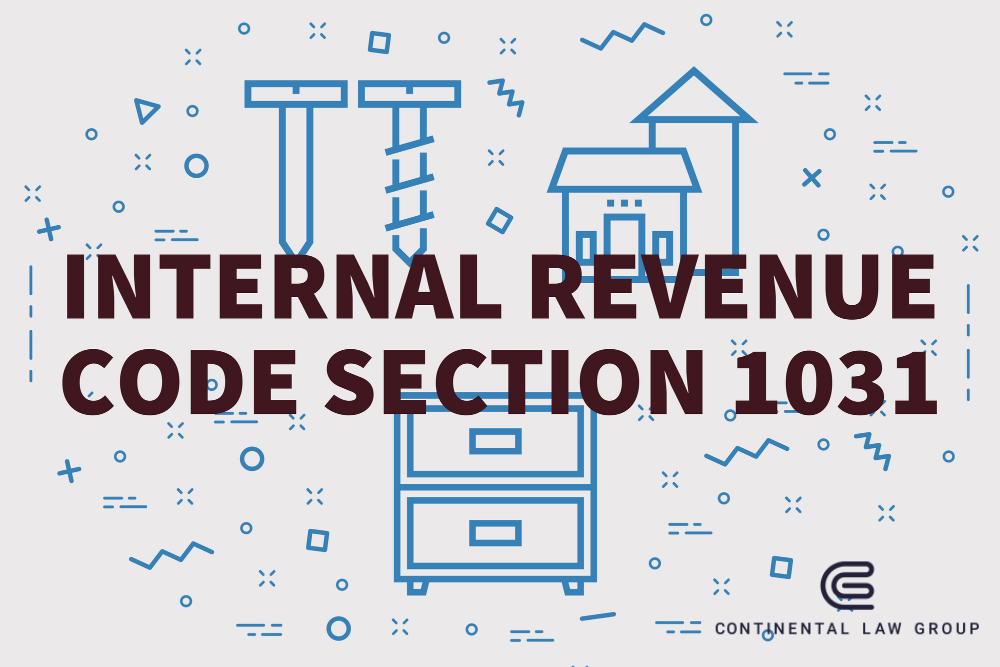1031 exchanges have long been a favorable strategy for real estate investors to defer capital gains taxes and diversify their portfolios. Since 1921, investors have been able to take advantage of this valuable loophole in the IRS Code, reaping tremendous financial benefits by actively reinvesting and avoiding tax liability.
However, high-earning real estate investors are concerned that the 1031 Exchange could soon come to an end. Depending on the upcoming election results and whether new economic policies are implemented, the investment landscape could substantially change.
The Tax Benefits of the 1031 Exchange
Those who regularly invest in real estate are well aware of the tax benefits associated with the 1031 Exchange.
The like-kind exchange allows real estate investors to swap a relinquished property for a replacement, funnel the proceeds into the new investment, and defer capital gains taxes. To get the tax benefit, like property must be identified within 45 days and the exchange must be completed within 180 days.
The possibilities associated with using the 1031 exchange are virtually endless for savvy real estate investors, depending on their objectives. If used effectively, there’s no limit to the number of exchanges an investor can make. This means that tax liabilities can potentially be avoided forever by continuing to roll the gains over into new properties.
How Could New Policies Affect the 1031 Exchange?
The proposed economic policy of presidential nominee Joe Biden is a hot topic among high-earning real estate investors. To provide funding for the economic plan, those with incomes over $400,000 would no longer benefit from certain tax breaks and incentives, including those offered by 1031 exchanges.
If 1031 exchanges were to be eliminated or restricted, the impact on real estate investments could be substantial, leading to significant disruption across the real estate market in addition to having wide-ranging economic implications.
High-earning real estate investors could hold onto their properties longer, leading to a slowdown in business flow and a decrease in property sales. Investors might also need to change their business models, which could have an impact on realtors, developers, contractors, and any other parties involved.
Have 1031 Exchanges Been at Risk of Elimination Before?
This isn’t the first time the 1031 Exchange has made headlines for being at risk of elimination. Despite discussions through the years of doing away with the tax deferment benefit, Section 1031 of the IRS Tax Code has been preserved by Congress due to its positive economic impact.
That isn’t to say Section 1031 of the IRS Code hasn’t been without any revision through the years. Recently, it underwent changes as part of the Tax Cuts and Jobs Act in 2017. Although the Act eliminated personal property from qualifying for the benefits associated with like-kind exchanges, real estate investment incentives remained intact.
Learn More About CLG’s Commercial Real Estate Practice
Continental Law Group represents landlords, tenants, commercial stakeholders, developers, asset managers, buyers, and sellers for various commercial real estate matters throughout Massachusetts and New Hampshire. CLG has offices located in Boston, Salem, MA, and Portsmouth, NH. Call (617) 616-8210 to learn more about CLG’s commercial real estate practice and other legal services.

